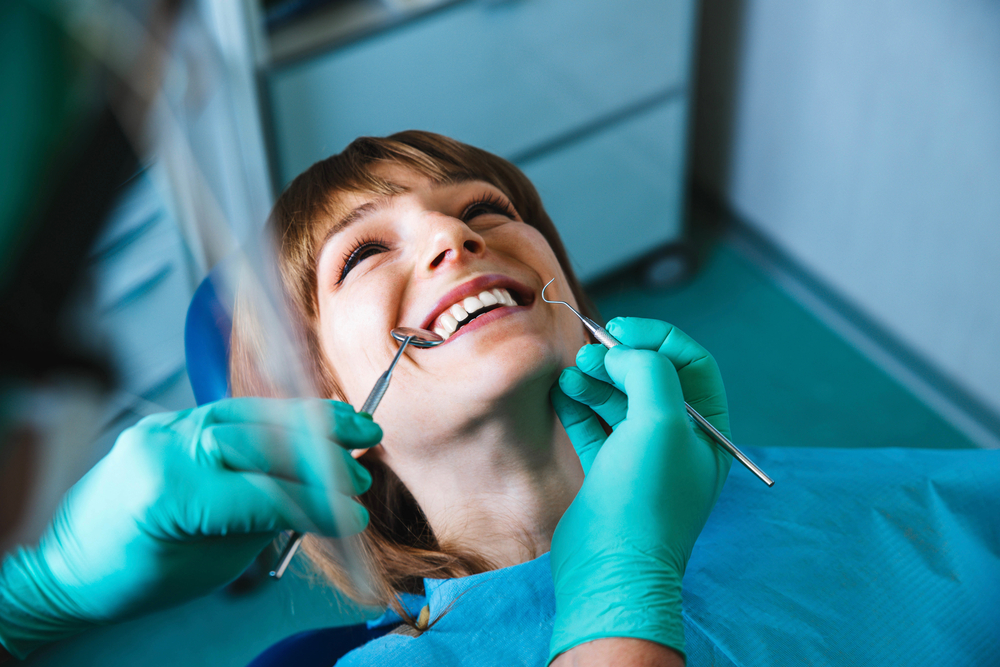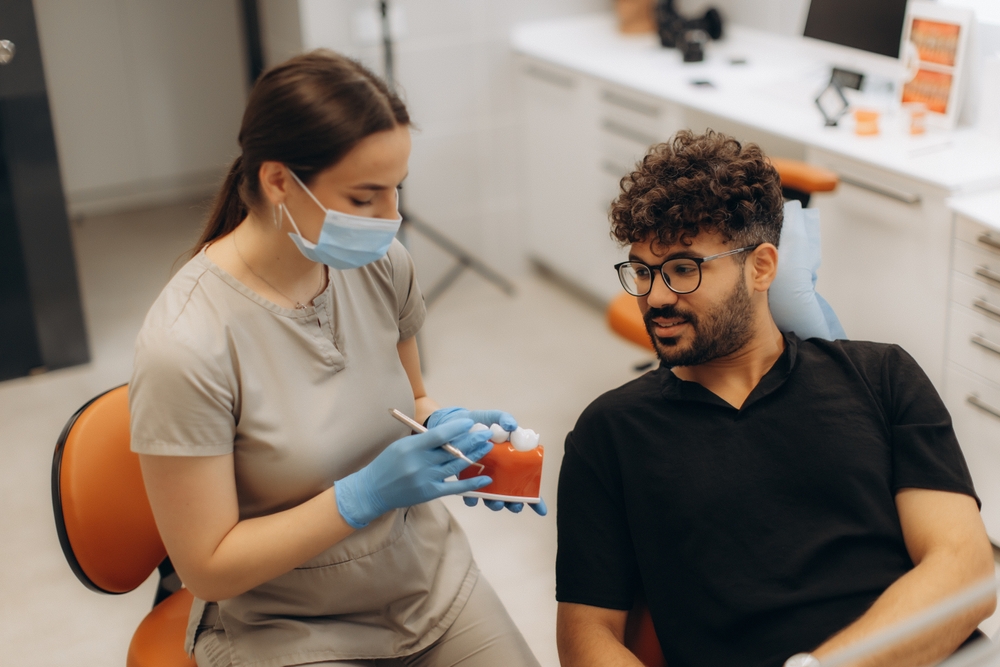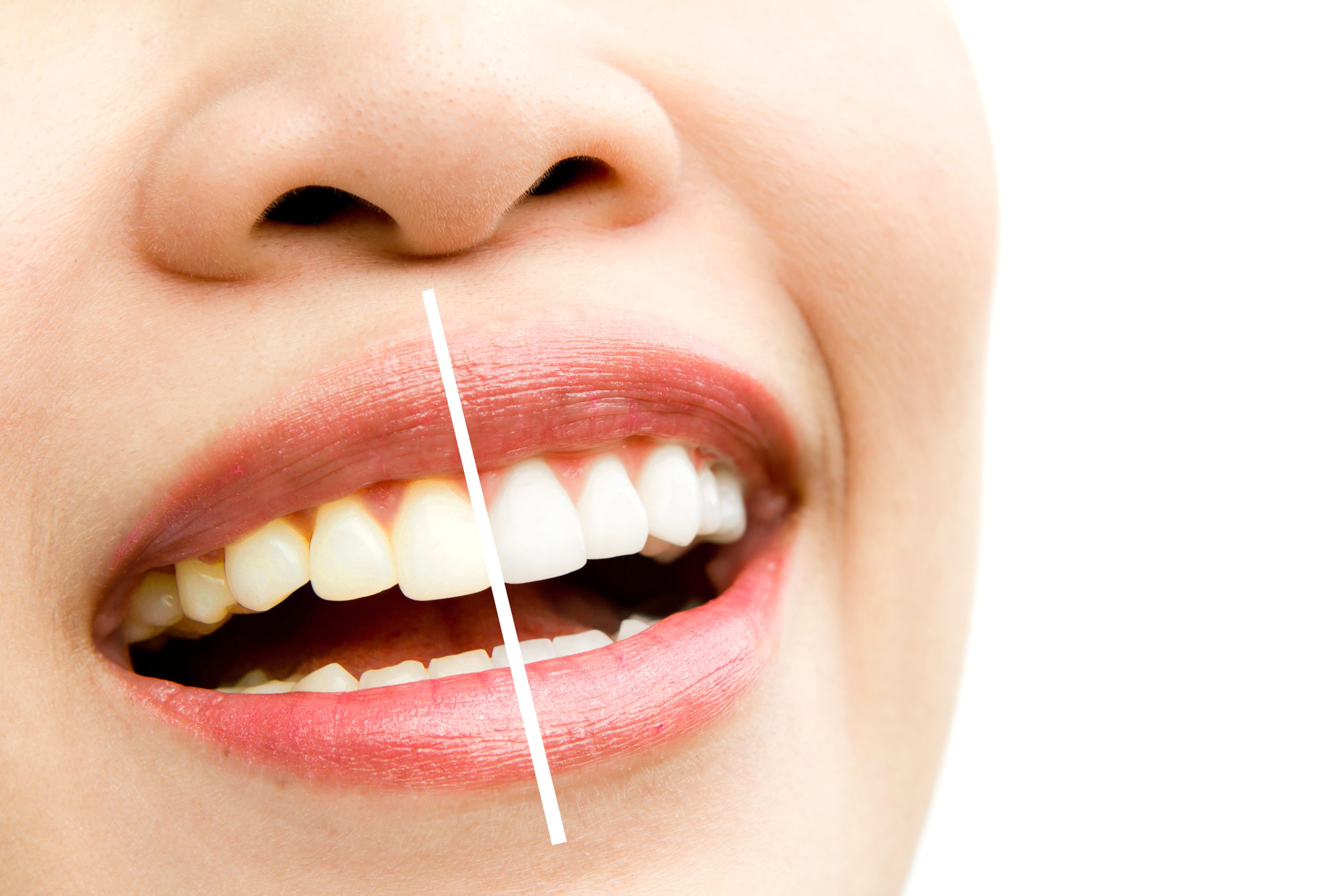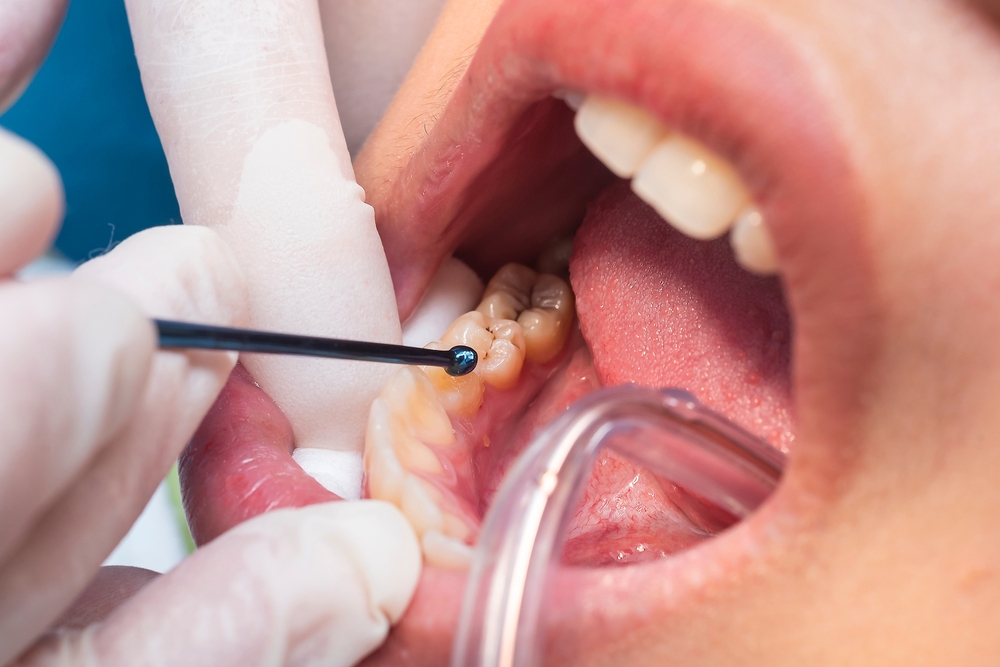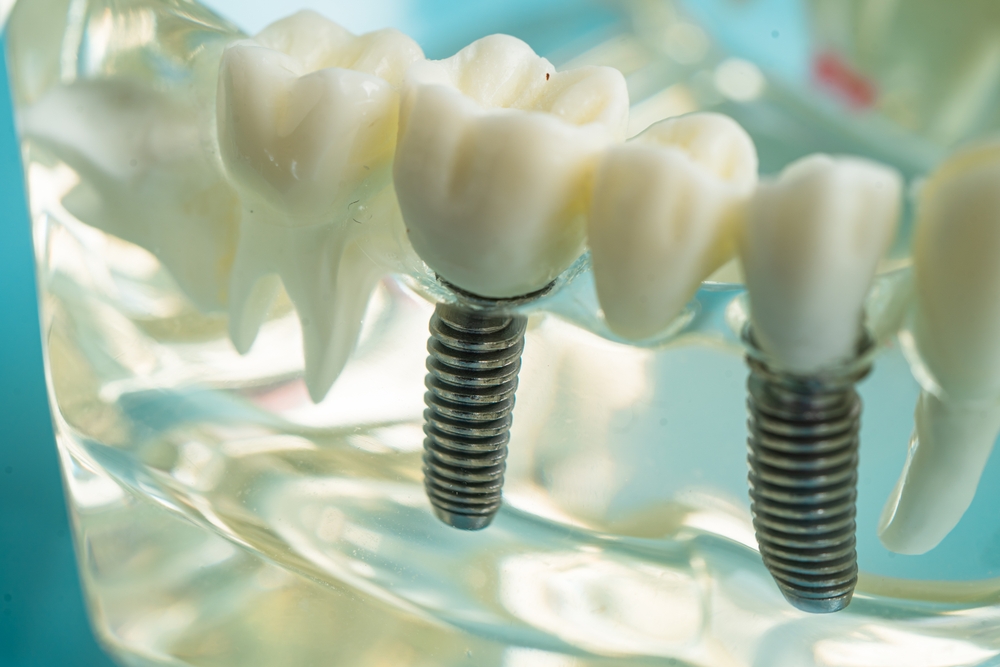Sleep apnea isn’t merely thunderous snoring, it’s a serious illness that can impact your general health, energy, and lifestyle. While lifestyle is all the rage, many ask: Is sleep apnea hereditary? Let’s see what the science has to say and what you can do ahead of time for healthy sleeping and breathing.
What is Sleep Apnea?
Sleep apnea is a sleep disorder caused by frequent episodes of breathing pauses during sleep. The pauses may range from seconds to minutes and may occur multiple times in an hour. The most apparent symptoms are loud snoring, gasping, daytime fatigue, and morning headache.
Left unchecked, sleep apnea can further progress to other more severe illnesses such as high blood pressure, heart disease, and even brain damage. Hence, early identification and treatment are crucial.
Types of Sleep Apnea
There are three main types of sleep apnea:
- Obstructive Sleep Apnea (OSA): The most common type, caused by the collapse of throat muscles during sleep.
- Central Sleep Apnea: A neurological issue where the brain fails to signal muscles to breathe.
- Complex Sleep Apnea Syndrome: A combination of both obstructive and central types.
If you’re visiting a Family Dentist in Toledo, they may be one of the first professionals to recognize signs of sleep apnea during routine check-ups and refer you for appropriate testing.
Factors Affecting to Sleep Apnea
Multiple elements can increase your risk of developing sleep apnea. These include obesity, age, gender (more common in men), smoking, alcohol use, and nasal congestion. However, family history is also a crucial, yet often overlooked, piece of the puzzle.
Genetic factors can influence facial structure, tongue size, and how your airway is shaped, all of which are factors affecting sleep apnea. That’s why it sometimes runs in families, even in the absence of lifestyle triggers.
How to Treat Sleep Apnea?
The good news? Sleep apnea is highly treatable. Depending on the severity and cause, treatment options may include:
- CPAP Machines (Continuous Positive Airway Pressure): The most common and effective method.
- Oral Appliance Therapy: Custom-fit dental devices provided by sleep-trained dentists.
- Lifestyle Changes: Weight loss, changing sleep positions, or reducing alcohol and tobacco use.
- Surgery: In some cases, to remove excess tissue or correct structural problems.
For those looking into how to treat sleep apnea, it’s essential to consult a sleep specialist or trained dental professional to determine which solution is right for you.
How Your Family History May Impact Your Risk of Sleep Apnea?
Studies show that if a close family member has sleep apnea, you’re more likely to develop it yourself. Shared traits like a narrow airway, large tonsils, or certain jaw alignments can all contribute to this increased risk.
If multiple people in your family snore loudly or have been diagnosed with sleep disorders, it might be time to get evaluated. Clinics that offer Sleep Apnea Treatment in Toledo can provide comprehensive assessments to determine if you’re at risk, even if you feel fine during the day.
Start Your Journey to Better Sleep Health Today With Us!
Understanding the genetic and environmental causes of sleep apnea can help you make informed choices about your health. Whether you’re already showing symptoms or simply being proactive, seeking care early makes all the difference.
At Classic Smiles, we’re here to support your journey toward restful, uninterrupted sleep.
Take control of your health, schedule a consultation today, and wake up to better living!


